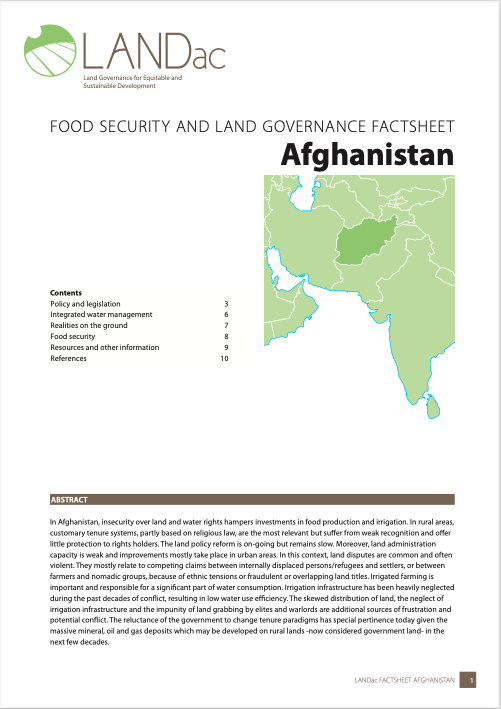Whose waters? large-scale agricultural development and water grabbing in the Wami-Ruvu River Basin, Tanzania
In Tanzania like in other parts of the global South, in the name of 'development' and 'poverty eradication' vast tracts of land have been earmarked by the government to be developed by investors for different commercial agricultural projects, giving rise to the contested land grab phenomenon. In parallel, Integrated Water Resources Management (IWRM) has been promoted in the country and globally as the governance framework that seeks to manage water resources in an efficient, equitable and sustainable manner.









